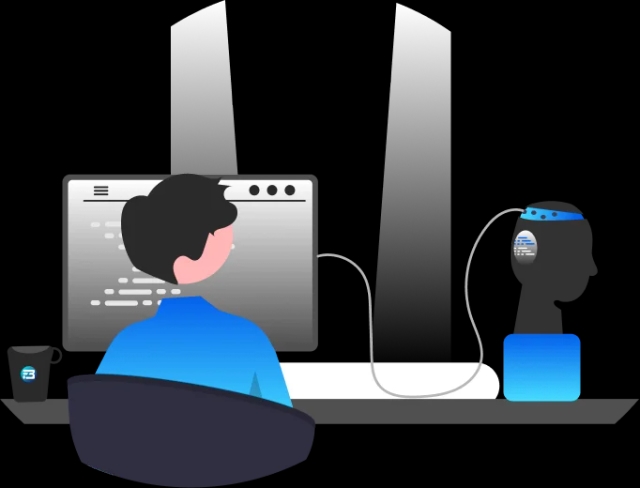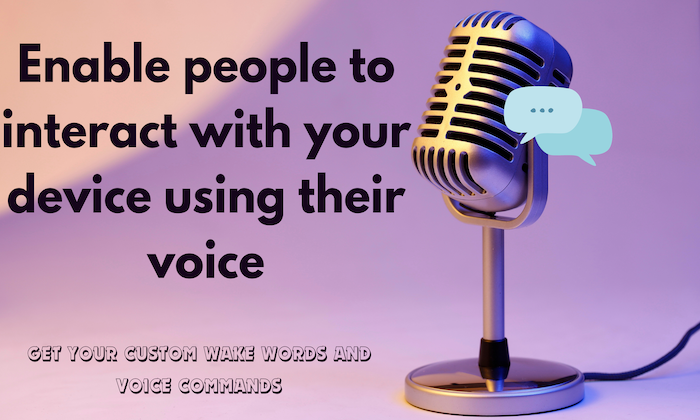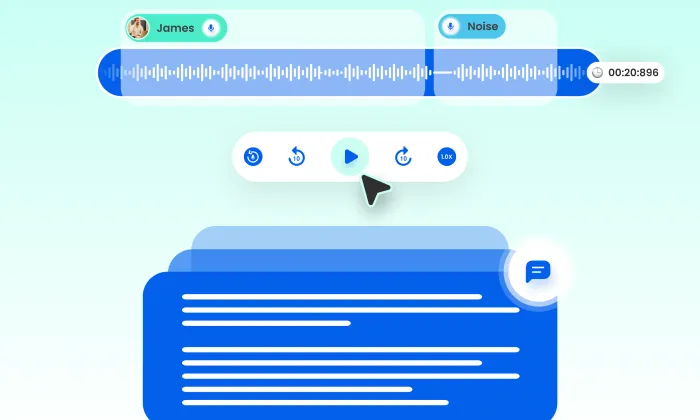How Does the Length of a Wake Word Affect Its Recognition Accuracy?
Wake word
Commands
Voice assistant
The length of a wake word can significantly influence its recognition accuracy:
Short Wake Words:
Shorter wake words, like "Hey" or "OK," can be misrecognized more easily due to their brevity and similarity to common words in everyday speech. This increases the likelihood of false activations (triggering by mistake) or missed activations (failure to detect the word), especially in noisy environments.
Longer Wake Words:
Longer wake words, like "Alexa" or "Hey Google," provide more distinct audio patterns, making it easier for the system to differentiate them from other words. This reduces the chance of false activations and improves recognition accuracy, even in varied speech conditions or noisy environments.
Balance Between Length and Usability:
While longer wake words are generally more accurate, they can be cumbersome for users to repeat frequently. Hence, a balance is needed between recognition accuracy and ease of use. Systems often aim for words that are long enough to be distinct but short enough to be convenient.
In summary, longer wake words tend to have better recognition accuracy due to more unique acoustic patterns, while shorter ones may suffer from false triggers or misses. However, user convenience also plays a role in wake word selection.
What Else Do People Ask?
Related AI Articles
Browse Matching Datasets
Acquiring high-quality AI datasets has never been easier!!!
Get in touch with our AI data expert now!








